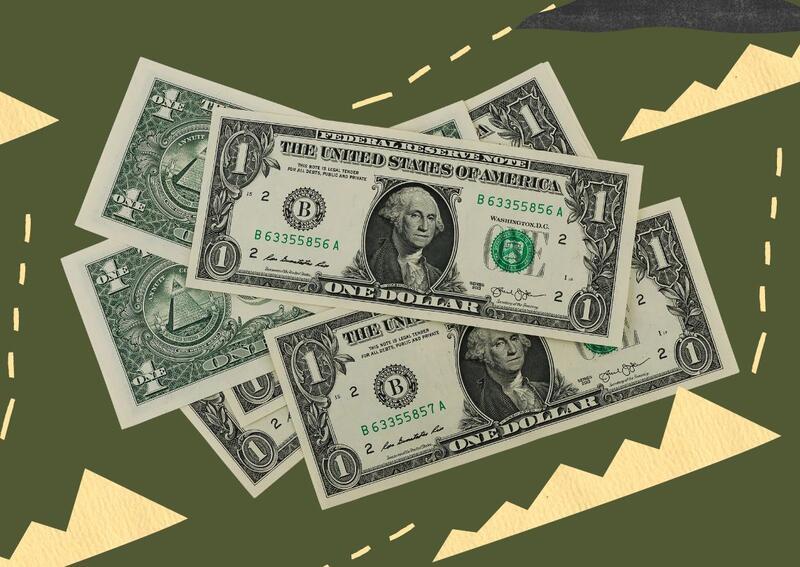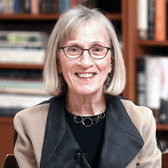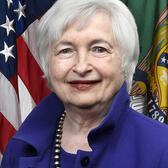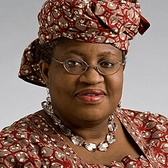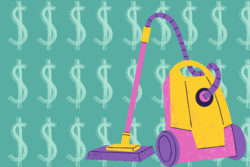Three Women in Economics You Should Know
As an aspiring economist, I read Naked Economics by Charles Wheelan out of curiosity. Naked Economics is an extremely comprehensive introduction to the field, and one of my all-time favorite books. While I enjoyed reading it, I couldn’t recall a single woman cited in it for her work in economics. Later, as I was discussing with my father my newfound interest in economics, I Googled “most influential economists” and found, once again, there were no women listed. These dismal results align with an academic trend; as of 2020, women made up less than a third of economics students earning bachelor’s degrees, and less than 20% of full-time economics professors are women.
Instead of deterring me, the initial disappointment motivated me to delve deeper into economics. After all, I’ve always acted out of spite, and I was starting to feel a lot of it for the field of economics. I refocused on finding more books, learning more, and dedicating myself to studying. I also made a point of learning about women in economics. While not included in standard coursework or often cited, women have made significant contributions to economics, and they should be recognized for it.
Based on my research, here are three women in economics that you should know:
Professor Claudia Goldin has achieved many firsts. She was the first woman to be tenured by the Harvard economics department, where she is currently a professor. In 2023, Claudia Goldin became the first woman to individually win the Nobel Prize for Economic Sciences. She won for her groundbreaking work covering the gender pay gap, a topic on which she has written numerous books, including Understanding the Gender Gap: An Economic History of American Women. Professor Goldin is currently the co-director of the National Bureau of Economic Research’s Gender in the Economy group. Not only is her work impressive, but it’s also vital to women and gender-expansive people everywhere, including me. We will never have equal pay unless scholars like Claudia Goldin continue the vital work of understanding how and why gender impacts economic conditions.
Dr. Janet Yellen was the first woman to serve as the United States Secretary of the Treasury in 2021-2025 under the Biden administration, making her fifth in line to the presidency at the time. She was additionally the first woman to be chair of the Federal Reserve. Much of Dr. Yellen’s work focuses on unemployment, something she fought hard to combat during her time as the chair of the Federal Reserve. Her work was successful, and, under her guidance, the unemployment rate in the United States dropped from 6.7% to 4.1%. Janet Yellen’s work has impacted and improved the lives of millions of Americans in a quantitative way. Not only has she dedicated much of her life to improving others’ lives but doing so a woman has also broken barriers for people like me who hope to follow in her footsteps.
Dr. Ngozi Okonjo-Iweala was the first woman to serve as the Director-General of the World Trade Organization. She also served as the Nigerian Minister of Finance and Economy from 2003-2006 and again from 2011-2015. During her time as minister, she tripled the growth rate of the macroeconomy. Dr. Okonjo-Iweala additionally negotiated the cancellation of $18 billion dollars of Nigerian debt. Her role as finance minister led Forbes to name her to Forbes’ 100 Most Powerful Women in the World in 2006. Dr. Okonjo-Iweala’s work has led to real and powerful change for Nigeria. She is exceptionally skilled as both an economist and a diplomat, which has led to her amazing achievements.
I believe that women’s economic empowerment and freedom is the ultimate goal of feminism. No total equality can be achieved unless we are economically equal in every way, and I find it heartening to see women like these leading the pack in research on economic disparities. As my generation enters the workforce, we face the gender pay gap, other forms of gender discrimination, as well as a variety of other societal and personal challenges, including rising costs of childcare. These are the same struggles that Claudia Goldin, Janet Yellen, and Ngozi Okonjo-Iweala faced, and they’re the same old struggles our mothers faced. Yet, these women shattered glass ceilings and set records so that my generation can go further. I know I’ll live to see more women leading our government, more women winning Nobel prizes, and more women making change. I expect to enter a workforce with 6% more women than the economy when my mother started to work, and see more women graduate from college than my mother did. These wins are only possible because of the work that women like Claudia Goldin, Janet Yellen, and Ngozi Okonjo-Iweala put in, and they have opened the door for my generation to continue the work.
This piece was written as part of JWA’s Rising Voices Fellowship.


